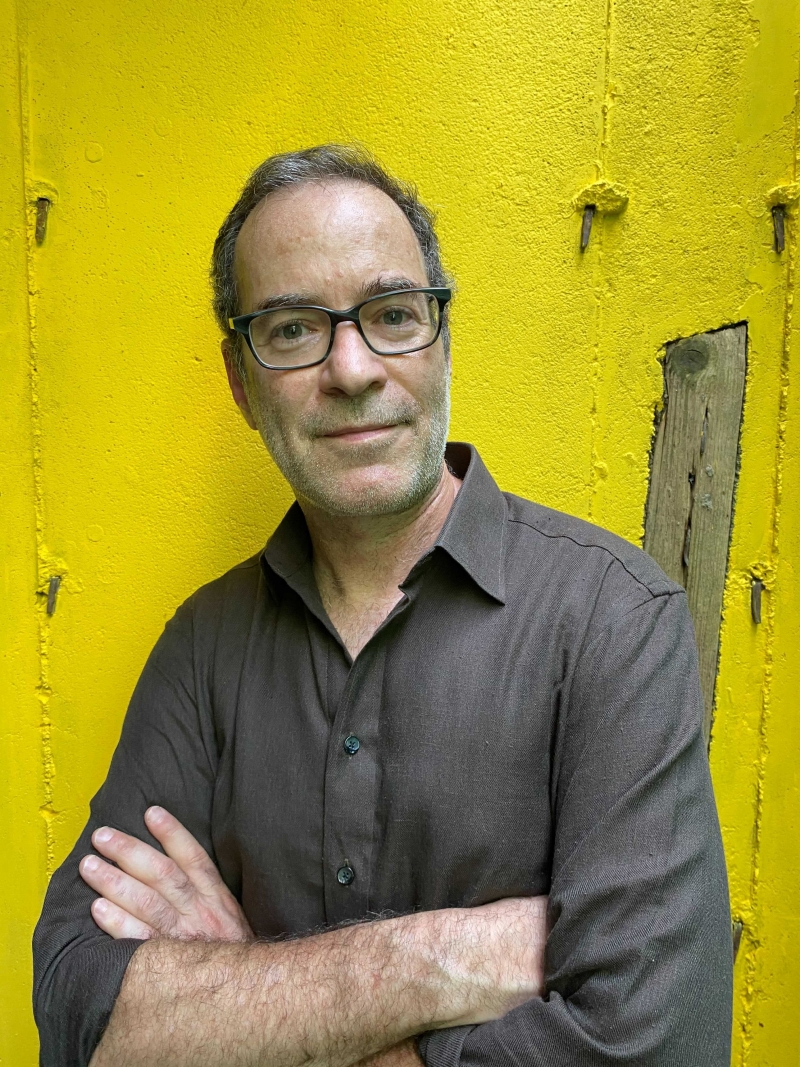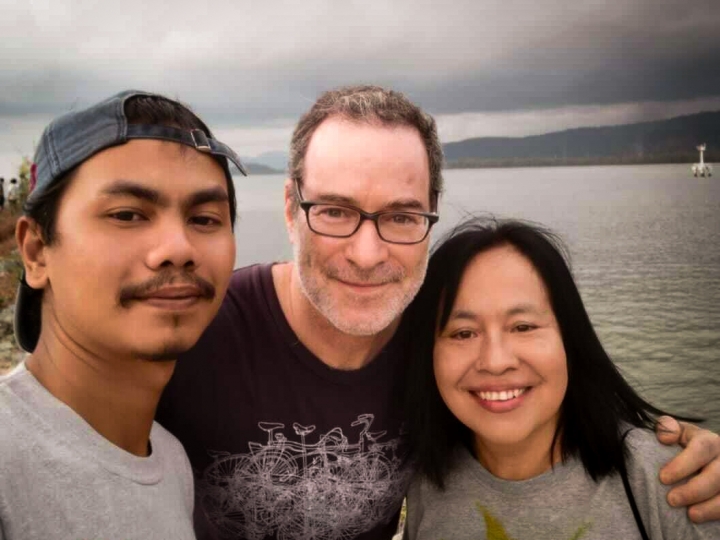I have spent my entire working life looking for ways to support individuals who are trying to enhance the power of the powerless and rectify injustices and inequities across the globe. In the early 1990s, when I was living in Romania, the way to accomplish that aim seemed obvious.
Romanians were already bringing conversations about human rights out of their kitchens and into the public sphere. They were building brand new civil society organizations modeled after groups familiar to me as a budding American human rights lawyer – NGOs like Human Rights Watch, Amnesty International and many other smaller and more specialized groups in the West.
My chosen role, along with countless peers, was to help those individuals – first Romanian activists re-building their society after the fall of communism, then many others like them around the world. I collaborated with them to adapt advocacy strategies and practices from more developed political democracies to their own contexts: forging relationships of solidarity with counterpart organizations across borders, building stronger organizations as their nascent initiatives inevitably began to formalize, securing stable financial resources for their charitable activities.
Collectively, our efforts over the past couple of decades have resulted in diverse, global networks of civil society organizations that work with each other to achieve greater justice and social well-being. But the traditional models for organizing and financing that work have come under great pressure, as governments in country after country have taken aim at the financial underpinnings of global civil society, playing up a perceived lack of legitimacy for locally-based civil society initiatives that rely on foreign grants for their financial sustainability.
The entire international human rights system has come under pressure in recent years, along with the rest of the international order. Geopolitics has been affected by a rising China and shifting alliances among many countries. Resurgence of authoritarian tendencies and populist politics - from Brazil to Hungary - reinforces an emphasis on national sovereignty around the globe.

Yet, in the face of all these negative trends, there is much to be hopeful about. The values and the sense of shared responsibility among the individuals that I worked with back in the 1990s are just as present now among younger generations. They may start from different assumptions about how to connect people and undertake common action, but the ideals that motivate them are similar.
In Brasov, Romania where I spent time in the early 1990s, a 1986 worker uprising protesting Ceausescu’s economic policies had presaged a revolution three years later. The significance of that event shares common ground with the street protests that broke out near my home in Bedford Stuyvesant, Brooklyn after a policeman murdered George Floyd. Meanwhile, not far from Brasov, young journalists, documentarians and activists are currently mobilizing the Romanian public outraged by illegal logging activities that are decimating the natural habitat, while enduring beatings at the hands of the defenders of the status quo.
In their essence, organized human rights groups the world over act to protect vulnerable and politically marginalized people by harnessing social solidarity and human rights law to counteract power dynamics that get in the way of realizing their rights and protecting them from harm. But a critical foundation of support to organized human rights groups – cross-border charitable grant-making – has been weakened due to regulatory and political actions by governments that view that kind of support as a threat. As a result, it is imperative for those engaged in public actions to find new ways to ensure their longevity.


